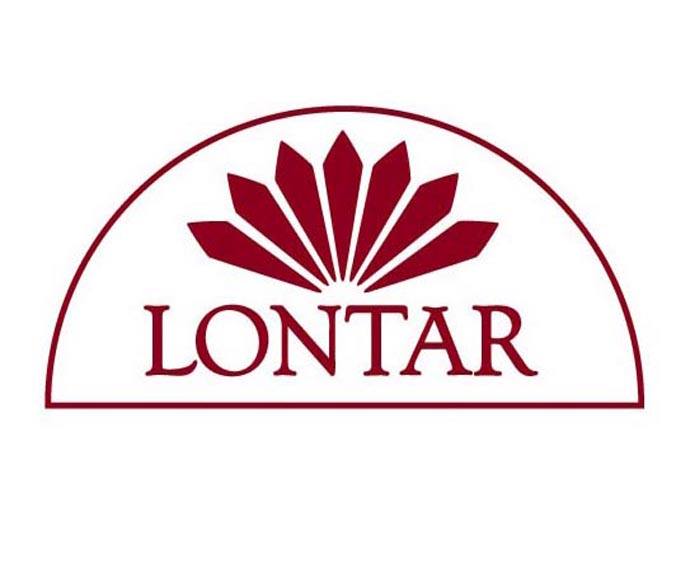International Mother-Language Day on February 21 might have gone unnoticed and unreported in Indonesia had it not been for President Joko Widodo who greeted his Facebook followers that day with “Pripun kabare?”—the Javanese (his mother tongue) for “How are you?” He then went on to encourage the daily use of the more than 700 languages spoken throughout the archipelago, in addition to Indonesian, the national language.
It was in 1999 that UNESCO launched Mother Language Day in an effort to promote global recognition of the fact that language and multilingualism are vital elements in the education process and form the foundation for learning. Thus, the observance is intended to remind policymakers, educators, and parents to commit themselves to a multilingual educational system. This is especially important in regions where the dominant use of Indonesian in schools serves to exclude or marginalize students for whom Indonesian is not their mother tongue. In fact, there was a time not long ago when the use of languages besides Indonesian was discouraged, ostensibly to enforce political unity and to discourage sedition, particularly in the outer provinces.
We at Lontar have long had a deep appreciation for the arts and literature from the different regions in Indonesia and we have devoted time and resources to preserving not just the written literature but also documenting a wide range of oral traditions, from Didong (Aceh) to Mamanda (East Kalimantan) and from Bonet (Timor) to Maengket (Manado). We have also produced a wayang kulit educational package containing more than 30 hours of performances with subtitles in Indonesian and English.
In book form, we have published a bilingual (Indonesian and English) version of The Birth of I La Galigo, the epic Bugis legend. We have also published In the Small Hours of the Night, a collection of 24 short stories originally written in Sundanese, the first of its kind ever to be translated into English. One of our future titles is She Wanted to be a Beauty Queen, the first ever anthology of modern Javanese fiction ever to be translated into English.
That so little literature from regional languages has NOT been translated either into Indonesian or foreign languages is sadly telling and while we applaud the president’s encouragement to nurture and preserve the many languages of this country, without a professional and well-funded translation program, future generations of Indonesians and their foreign brethren will forever be deprived from knowing the histories and legends that have enriched regional cultures or even the modern work being produced today.
Yuli Ismartono
yismartono@lontar.org
